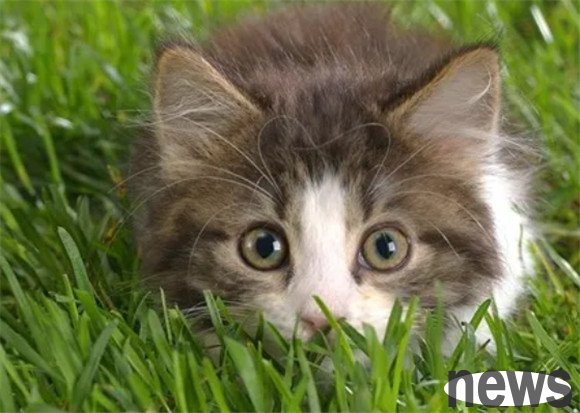Many cat lovers may not have noticed that cats may actually become victims of rabies virus, which is often overlooked. Faced with this hidden danger, veterinarians are tirelessly reminding that if your cat has the following behaviors, they are likel...
Many cat lovers may not have noticed that cats may actually become victims of rabies virus, which is often overlooked.
Faced with this hidden danger, veterinarians are tirelessly reminding that if your cat has the following behaviors, they are likely to have been attacked by rabies virus, and you need to take measures to keep your distance immediately!

1. Abnormal behavior
veterins reiterate that if a lazy cat suddenly exhibits abnormal behavior such as circles, hitting a wall, or acts in a trance and overexcitement, this may be a precursor to rabies. Faced with such abnormal changes, the owners should remain highly alert.
2. Horror of light and water
When a cat begins to be afraid of light, hides in dark places all day long, dares to show up only when night falls, and shows a strong fear of the water source, and even refuses to drink water, these are signs that cats may be infected with rabies.
3. A big change in temperament
If your cat is originally gentle, but suddenly becomes avoiding humans, has a irritable temperament, grinning whenever it touches, and even aggressive behavior, such mutations should attract your attention, which may also be one of the symptoms of rabies. At this time, as a responsible master, you can make further judgments based on other symptoms.
4. Anorexia
Usually, cats have a good appetite. However, once cats are infected with rabies, they will experience dysphagia when the virus occurs, which will lead to inability to swallow and water not entering the mouth, which is manifested as complete anorexia and anorexia.
5. Salp more than
After unfortunately contracting rabies virus, cats may experience symptoms of shortness of breath or difficulty, and are accompanied by continuous drooling, making them look dirty. In this case, it is best for the owner to quarantine the cat first and then send it to the pet hospital as soon as possible.
6. Body twitching and limb stiffness
If your cat twitches uncontrollably without warning, or limb stiffness and difficulty moving, this is also a typical symptom of rabies. At this time, you must keep a distance from it immediately and isolate it, and do not take it lightly.
Preventive measures:
1. After receiving the vaccine
, you should take responsibility for vaccinating the cat with rabies. Many owners are lucky and mistakenly believe that cats do not need to be vaccinated, which is a big mistake. Vaccination can provide health protection for your pet and never ignore it.
2. Indoor captive raising
Compared with free stocking, indoor captive raising can effectively prevent cats from getting infected with rabies. By reducing contact with the outside world, the risk of infection can be significantly reduced.
At the same time, make sure your cat has enough room for activity indoors, interact with it for at least 30 minutes a day, and can use snacks to train to keep it healthy physically and mentally.
3. Improve immunity
Because cats have weak immunity and are susceptible to external environment and become infected with diseases. Whether you go out to contact other animals, or go to vaccination and have cosmetic treatments, it may increase the risk of rabies.

Therefore, owners must pay attention to improving cats' immunity, pay attention to balanced nutrition in daily life, and provide cats with sufficient nutrients.
So, is your cat freely raised or safely and comfortably indoors?